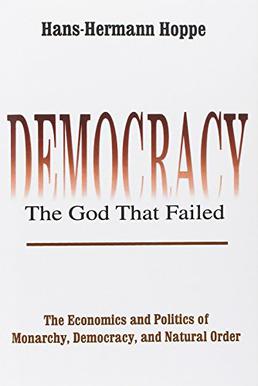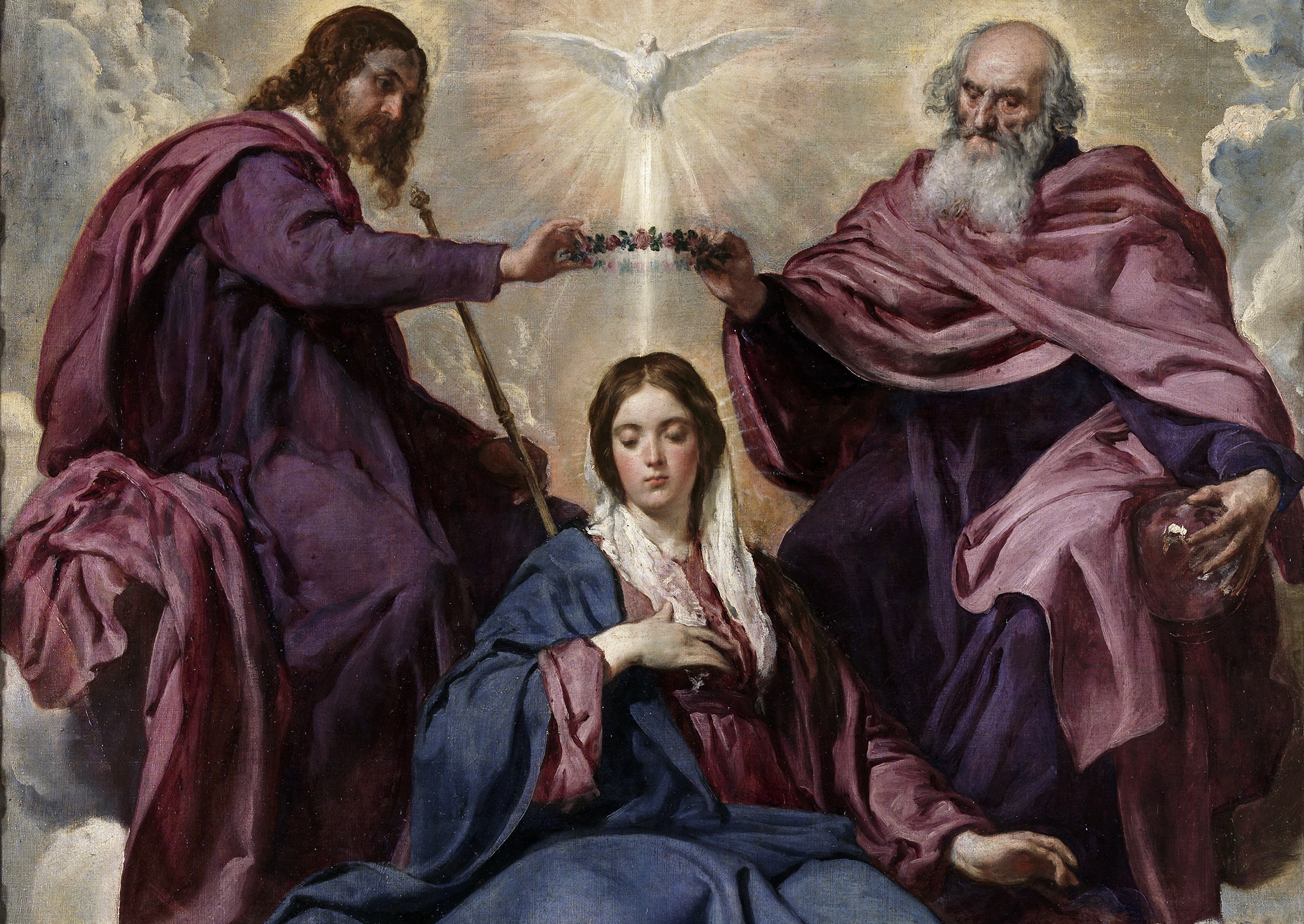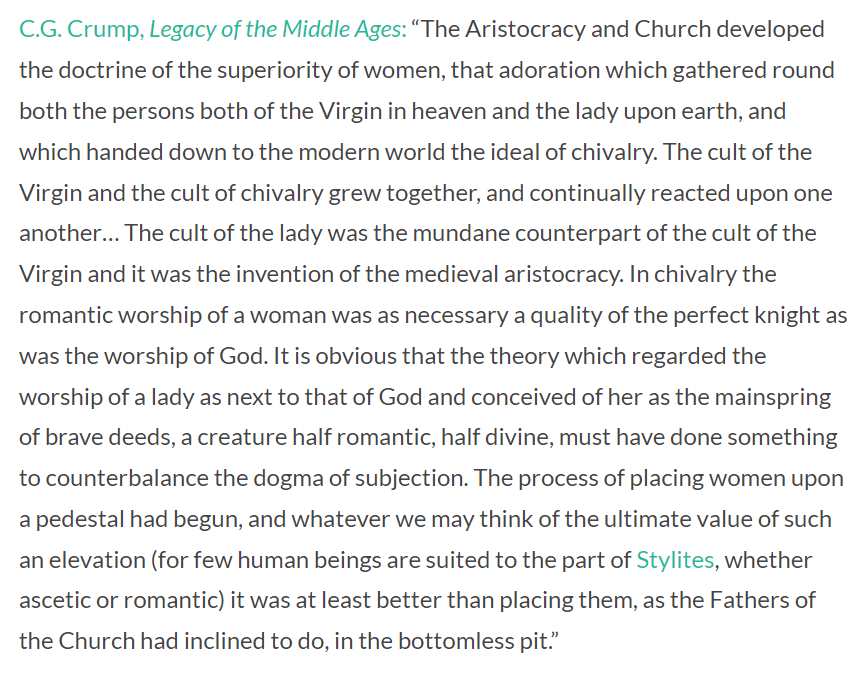You are one of my favorite writers here,
@MemeFan, because you challenge one to think whether you're enlightened or just speculating, but I believe you are naïve in this regard if you really believe this.
Culture is, yes, to a certain extent, simply a collective reflection of the net interactions of everyone within a group, but that is only one dynamic -- and not the most determinative.
It is
impossible to divorce the existence of a culture from the degree to which differential levels of power among a culture's members affect the full nature of the culture. If this weren't true, no such thing as an empire or a dominant and/or stable culture could ever come into existence, because the culture would be subject to willy-nilly democratic shifting based on the whims of the moment. There is always a complex social contract, and no amount of utopianism has ever produced a set of circumstances within which everyone gets an equal vote.
That is why simple Ideas (such as the collections of ideas produced by the Ancient Greek philosophers) could eventually come to dominate our modern Western cultures. What were first just ideas were combined with the limited power to dominate others to purposefully amass incrementally-greater power through shifting authority from decentralized patriarchal tribes to centralized family-fracturing local, national and even global governments. This was
cemented in place in the 5th century AD when Constantine, various Bishops and the Early Church Fathers conspired to refashion both government and the religion centered around the Gospels of Christ and Paul into something that made Constantine the Holy Emperor of Eurasia, as well as ensuring that citizens could escape neither subjugation by State nor subjugation by Church.
We remain under that double-bitted yoke.
[It is why Christendom remains fractured and dominated by warring factions of Condemnation Churchianity that has most 'Christians' hypnotized to believe that we're just Doing What Jesus Would Do when it's actually the case that a great deal of the manner in which the early, decentralized Body of believers conducted business was
suppressed by Constantine's Conquest, to be replaced by what Christendom has ever since predominantly perpetuated: an unholy brew of 1/3 Christianity and 2/3 paganism -- dominated by re-elevating works over faith.]
The manner in which members of a culture form and conduct relationships does have a great impact on that culture, but the existence of any coercive governmental or organized-religion structure within that culture will always trump just what types of relationships members of the culture will be permitted to engage in without fear of punishment --
because the vast number of women and a significant minority of men will always tend towards exhibiting the characteristics of sheep.



